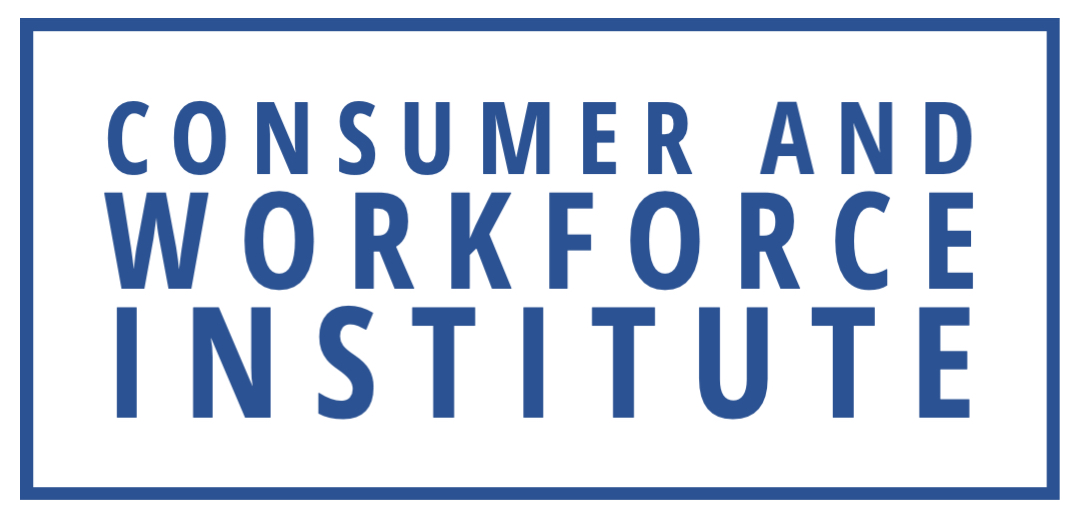Legislation
Legislation by State
Advocacy Documents
An act to add and repeal Sections 17053.10 and 23621.1 of the Revenue and Taxation Code, relating to taxation, to take effect immediately, tax levy.
California law allows various income tax credits, deductions, exemptions, and exclusions. The Legislature enacts such tax incentives either to compensate taxpayers for incurring certain expenses, such as child adoption, or to influence certain behavior, such as charitable giving. The Legislature uses tax incentives to encourage taxpayers to do something that but forthe tax credit,they would otherwise not do. The Department of Finance is required annually to publish a list of state tax expenditures, currently totaling around $81.1 billion per year.
SB XX provides employers a $1,009 state tax gredit for each employee hired that qualifies for the federal Work
Opportunity Tax Credit (WOTC) in California.
This bill would, under the Personal Income Tax Law (PITL) and the Corporation Tax Law (CTL), provide a tax credit that is equal to either the lessor of the federal work opportunity credit or one thousand dollars ($1,000) to qualified taxpayers) that claimed the federal work opportunity credit.
This Commission Opinion Letter addresses whether an employer violates EEOC-enforced laws to take advantage of the Work Opportunity Tax Credit consistent with IRS instructions.
HB2 is modeled on awidely supported federal tax credit known as the Work Opportunity Tax Credit, or WOTC, that has been law since 1996. WOTC is supported by a broad-based coalition as it provides employers a modest tax credit to hire individuals from ten different categories of people that have faced barriers to entering the workforce.The categories target potential employees on state programs, the most significant numbers come from the following categories: SNAP or ‘food stamps’, TANF, Long Term Unemployed, Reentering convicted felons, or Disabled veterans.
This bill creates a nonrefundable credit against the State income tax for up to 100% of the federal Work Opportunity Tax Credit claimed by an employer. Any unused amount of the credit may not be carried forward to any other tax year. The Department of Legislative Services (DLS) must evaluate the tax credit program and report its findings to the General Assembly by December 31, 2028. The bill takes effect July 1, 2022, and applies to tax years 2022 through 2028.
This bill creates a nonrefundable credit against the State income tax for up to 100% of the federal Work Opportunity Tax Credit claimed for the employment of an individual who under the federal credit is a qualified recipient of the Supplemental Nutrition Assistance Program (SNAP), Temporary Assistance for Needy Families (TAN), long-term family assistance, or long-term unemployment. Any unused amount of the credit may not be carried forward to any other tax year. The bill takes effect July 1, 2021, and applies to tax years 2021 and beyond.
FOR the purpose ofallowing certain employers to claim a credit against the State income tax in a certain amount for certain wages paid to certain individuals with barriers to employment; providing that the credit may not exceed a certain amount and may not be carried over to any other taxable year; defining acertain term; providing for the application of this Act; and generally relating to a State work opportunity tax credit.
In his April 2013 study, “A Detailed Assessment of the Value of WOTC” Professor Peter Cappelli of the Wharton School quantified the savings in social spending programs to the United States Government that are generated by moving an individual from public assistance to private sector employment through the work opportunity tax credit (WOTC). The study that follows. prepared under Professor Cappelli’s supervision, quantifies the savings at the state level in three programs which formed the basis his 2013 Federal level study.
A bill to amend 1967 PA 281, entitled “‘Income tax act of 1967,” (MCL 206.1 to 206.847) by adding section 674.
A bill to amend 1967 PA 281, entitled “Income tax act of 1967,” (MCL 206.1 to 206.847) by adding section 284.
WOTC Renewed Through 2025! Ten eligible categories: 1) qualified veteran, 2) long-term TANF recipient, 3) short-term TANF recipient, 4) supplemental nutrition assistance program (SNAP) recipient, 5) designated community resident (DCR), 6) vocational rehabilitation referral, 7) ex-felon, 8) supplemental security income (SSI) recipient, 9) long-term unemployment recipient, 10) summer youth.
In 2020 the state of Maryland issued 31,863 Work Opportunity Tax Credit certifications. The Work Opportunity Tax Credit, known as WOTC, is a federal tax credit available to employers who hire individuals from target groups, that include qualified Veterans, individuals on food stamps and more. The Work Opportunity Tax Credit is available throughout the United States, and in 2020 it was worth approximately $3.8 Billion dollars to employers. 1,620,806 total Work Opportunity Tax Credits were issued in the United States in 2020. WOTC was renewed for five years in 2020, and is active through 12/31/2025. Nationwide, Maryland issued 1.97% of WOTC Tax Credits ni 2020.
To amend chapter 135, RSMo, by adding thereto one new section relating to a work opportunity
This proposal authorizes a tax credit for employers hiring certain employees under the Federal Work Opportunity Tax Credit.

Contact Us
Please submit the form to the right to reach out to our team.
